Best Notion Forms alternatives
Notion Forms offers a simple way to collect information, but some users encounter limits in customization and advanced form features. Also, there are fewer workflow integrations in Notion Forms compared with other tools.
Organizations often need Notion Forms alternatives that connect with other platforms and can support specific workflows. Our post discusses 10 alternatives to Notion Forms, detailing their key features and practical uses and sharing how to choose the best form builder for your needs.
Why consider an alternative to Notion Forms?
Notion Forms lets you create simple forms for data collection, surveys, and registration. While it’s a convenient platform, you might find its functionality limited if you need advanced customization, integrations, or workflow features.
For example, Notion Forms works well for straightforward data gathering, but it offers few options for complex logic, conditional fields, or automated responses. If you’re looking to integrate your forms with external apps and track responses across multiple platforms, you probably need something more.
Alternatives provide expanded features, form customization, workflow automation, more flexibility, and compatibility with broader organizational workflows. So, they may be better suited for businesses with advanced needs.
The best Notion Forms alternatives
Jotform | Coda | Microsoft Loop |  ClickUp |  Slite |  Archbee |  Nuclino | Obsidian | Helpjuice |  Mem | |
|---|---|---|---|---|---|---|---|---|---|---|
| Best for | Businesses needing highly customizable forms with many integrations | Teams combining docs and lightweight apps | Teams using Microsoft 365 | Managing projects, tasks, and workflows in one place | Easy-to-use team knowledge base | Interactive knowledge portals | All-in-one lightweight project & knowledge management | Power users prioritizing privacy & control | Support teams needing a central knowledge hub | AI-driven notes organization |
| Key features | 10k+ templates, classic & card forms, 500+ widgets, 200+ native integrations + Zapier/Unito, advanced designer & CSS, conditional logic | Interactive docs, hubs, synced tables/trackers, buttons/automations, Coda AI, 600+ integrations | Page templates & suggestions, works across M365 (Word/Excel/Teams/OneDrive), Copilot AI, real-time collaboration | Docs/wikis, AI notetaker & writer, automations, forms & templates, extensive integrations | Centralized docs, Ask AI search, related notes & AI actions, team templates | Collaborative writing/review, dynamic variables/snippets, 1,800+ integrations, AI search, analytics | Real-time co-editing, clutter-free editor, team visibility, graph/mind-map views | Local storage, open file formats, powerful linking, graph view, canvas workspace, plugins | AI-powered KB, intent-aware search, no-code customization, collaborative editor, version control | Voice to notes, smart search, Mem Chat (AI on your notes), favorites & real-time sync |
| Pricing | Free plan; Bronze $39/mo, Silver $49/mo, Gold $129/mo | Free plan; paid from $12/mo | M365 Business Standard $12.50/user/mo | Unlimited $10/mo, Business $19/mo, Enterprise custom | Standard $10/mo, Premium $15/mo, Enterprise custom | Growing $60/mo, Scaling $250/mo, Enterprise custom | Starter $8/user/mo, Business $12/user/mo | Sync $5/user/mo; Publish $10/site/mo; Catalyst $25 one-time; Commercial $50/user/yr | $249–$799/mo | Pro $12/mo; Teams custom |
| G2 rating | 4.7 | 4.7 | 4.2 | 4.7 | 4.6 | 4.6 | 4.7 | N/A | 4.7 | 1 |
We’ve done the research and found the best Notion Forms alternatives to meet your different needs..
1. Jotform
Best for: Businesses seeking highly customizable forms with extensive integrations
Jotform is a versatile online form builder that allows your organization to create forms for registrations, surveys, payments, and data collection. Its platform combines a user-friendly interface with extensive customization and integration options. You can design branded forms and connect them to other platforms for streamlined data management.
Key features
- Extensive form templates: You get access to over 10,000 ready-to-use templates that you can quickly customize to suit your various workflows and purposes.
- Classic and card forms: Choose between traditional forms or card-style layouts to match user preferences.
- Widget library: More than 500 widgets add additional capabilities to forms, including interactive elements and data collection tools.
- Native integrations: You can connect directly with over 200 apps, including cloud storage platforms and payment processors.
- Third-party connectors: Jotform lets you use tools like Zapier and Unito to link forms with more than 3,000 additional apps.
- Advanced form designer: You can customize fonts, colors, form width, spacing, and backgrounds and add custom CSS for precise styling.
- Flexible sharing options: You can share forms via email or embed them on websites for easy access.
- Conditional logic: You can set rules that change form behavior based on user input.
- Notion integration: Through Zapier integration, Jotform supports automated data management with Notion using drag-and-drop forms.
Pros
- Extensive customization options
- Broad range of integrations
- Intuitive drag-and-drop interface
- Flexible sharing methods
Cons
- May be overwhelming for beginners
Pricing: Bronze plan is $39 per month, Silver is $49 per month, and Gold is $129 per month; a free plan is available.
G2 Rating: 4.7
2. Coda
Best for: Teams looking for a flexible tool that combines documents and lightweight apps
Coda is an all-in-one collaborative workspace that combines the familiarity of documents with the flexibility of apps. It allows your team to collaborate, track projects, and manage workflows without juggling multiple platforms. With a gallery of templates and AI-powered features, Coda integrates with hundreds of tools.
Key features
- Write-ups: Coda allows you to create documents that function like interactive apps.
- Hubs: Your team can centralize strategy, schedules, and resources in one hub to keep everyone aligned.
- Trackers: Tables in Coda sync edits across views, provide personalized displays, and replace scattered spreadsheets for better project tracking.
- Applications: You can design custom workflows using formulas, buttons, and automations.
- Coda AI: The AI assistant can generate content and create tables automatically while providing tailored insights.
- Integrations: Coda connects with over 600 tools, including Google Calendar, Salesforce, Slack, GitHub, and Jira.
Pros
- Centralizes all workplace data
- Offers extensive integrations
- Supports scalable workflows
Cons
- Complex to configure full automations
- Steep learning curve
Pricing: Paid plans start at $12 per month; a free plan is available.
G2 Rating: 4.7
3. Microsoft Loop
Best for: Teams that use Microsoft 365
Microsoft Loop is a collaborative workspace that integrates with Microsoft 365 apps. It offers intelligent suggestions, templates, components for streamlining teamwork and organizing projects, and tools for sharing content across devices.
Key features
- Page templates and intelligent suggestions: Loop provides ready-made templates and intelligent prompts to help your team start projects quickly and maintain structure.
- Cross-platform integration: Loop works across Microsoft 365 apps and devices, connecting with Word, Excel, Teams, and OneDrive.
- AI support with Microsoft 365 Copilot: Your team can use AI to speed up tasks and receive insights across documents.
- Real-time collaboration: You can add components, mention teammates, and insert dates or emojis.
Pros
- Cross-device functionality for team alignment
- Templates and structured pages
- Real-time collaboration across Microsoft 365
Cons
- Integration limitations for teams using non-Microsoft apps
- Requires familiarity with Microsoft 365
Pricing: Microsoft 365 Business Standard plan costs $12.50 per user per month.
G2 Rating: 4.2
4. ClickUp
Best for: Teams managing projects, tasks, and workflows in one platform
ClickUp is an all-in-one productivity platform that centralizes tasks, documents, calendars, time tracking, and communication in a single workspace. Its AI-powered tools and templates enhance collaboration across teams of all sizes.
Key features
- Docs and wikis: Your team can collaborate on documents and build internal knowledge bases directly within the app.
- AI notetaker and writer: AI tools summarize meetings, generate content, and provide insights to support decision-making.
- Automation: You can set up automated workflows to handle repetitive tasks across projects and apps.
- Forms and templates: ClickUp provides forms for data collection and templates for common workflows, campaigns, and projects.
Pros
- Centralizes all work-related tasks
- Extensive integrations
- Comprehensive features
Cons
- May be overwhelming due to the large number of features
- Configuration needed for advanced automation
Pricing: Unlimited plan is $10 per month, Business plan is $19 per month, and custom pricing is available for the Enterprise plan.
G2 Rating: 4.7
5. Slite
Best for: Teams that need an easy-to-use knowledge base
Slite is a knowledge management platform where you can maintain your documents. It centralizes all information in a single place so your team can find it easily. Its AI-powered features reduce repeated questions and maintain the quality of content across the organization.
Key features
- Document management: Slite stores all team workflows and documentation in one place.
- Ask AI: The AI-powered search assistant provides instant answers from verified documentation and delivers relevant information based on user access.
- Related notes and AI actions: The platform highlights content related to current tasks and suggests actions to maintain document quality.
- Templates for teams: Slite offers templates for engineering, HR, operations, sales, and support.
Pros
- Security and compliance features
- AI search for easy access to notes
- Templates for simplified adoption
Cons
- Higher-tier plans needed for full security and analytics functions
- Comparatively limited integrations
Pricing: Standard plan is $10 per month, Premium plan is $15 per month, and custom pricing is available for the Enterprise plan.
G2 Rating: 4.6
6. Archbee
Best for: Teams needing interactive knowledge portals
Archbee is a knowledge documentation platform with intuitive features like AI-powered search and integrations. It supports your team by providing instant answers to internal and external queries.
Key features
- Document writing and reviewing: Your team can write, review, and organize content collaboratively.
- Dynamic content management: You can include variables and reusable snippets in documents, which update automatically wherever they appear.
- Integrations: Archbee connects with over 1,800 tools, including GitHub, Slack, Jira, Google Docs, and Figma.
- AI-powered search: Archbee’s AI search delivers precise answers to questions using your documentation.
Pros
- Fast access to answers
- Collaborative writing and publishing
- Analytics relevant to engagement and document optimization
- Security and compliance features
Cons
- Complex for smaller tools
- Software bugs reported when editing APIs or creating blocks
Pricing: Growing plan is $60 per month, Scaling plan is $250 per month, and custom pricing is available for the Enterprise plan.
G2 Rating: 4.6
7. Nuclino
Best for: Teams looking for an all-in-one platform for project management
Nuclino claims to become your team’s ‘“collective brain,”’ with its centralized hub for managing projects and organizing information efficiently. The tool’s clutter-free interface saves time and keeps your team productive.
Key features
- Collaborative editing: The platform supports real-time editing to keep everyone up to date.
- Clutter-free editor: Nuclino’s interface encourages easy content creation and collaboration without distractions.
- Team visibility: You can keep all team members aligned with access to shared knowledge.
Pros
- Ease of use
- Affordable for small teams
- Graph and mind map views for visual organization
Cons
- Limited offline functionality
- Limited advanced features
Pricing: Starter plan is $8 per user per month, and the Business plan is $12 per user per month.
G2 Rating: 4.7
8. Obsidian
Best for: Power users, researchers, and professionals who prioritize privacy
Obsidian is a knowledge base made to put you in complete control of your thoughts. Unlike cloud-based apps, it stores all notes locally on your device, so they’re accessible offline. Its open file format and plug-in system let you shape the app into a tool that reflects your way of thinking, from simple journaling to building a personal wiki.
Key features
- Open file formats: The app uses open formats, which means your data is future-proof and you’ll never be locked into proprietary systems.
- Powerful linking: You can create links between notes to build your own knowledge graph.
- Graph view: Obsidian offers a visually interactive graph that shows the relationships between your notes and reveals hidden patterns in your thinking.
- Canvas workspace: The infinite canvas provides space to brainstorm, map ideas, and visually organize concepts in a free-form layout.
Pros
- Local storage for maximum privacy
- Highly customizable with themes and plug-ins
- Graph view for idea connections
- Open file format to prevent vendor lock-in
Cons
- Steeper learning curve
- Requires Markdown proficiency
- Manual backups required
Pricing: Sync plan is $5 per user per month, and Publish plan is $10 per site per month. Two licensing options are also available: Catalyst for a $25 one-time payment and Commercial for $50 per user per year.
G2 Rating: Not available
9. Helpjuice
Best for: Customer support teams that need a central collaboration hub
Helpjuice solves a major productivity drain in modern organizations: repeated questions and scattered documents. It centralizes knowledge into a searchable, AI-powered platform so your team can find information easily.
Key features
- AI-powered knowledge base: Helpjuice transforms tickets, chats, and FAQs into articles automatically.
- Intelligent search: The search engine understands context and intent, so you get the right answers even with typos or vague queries.
- Customization without code: Knowledge base and form customization is possible without any coding knowledge.
- Collaboration-friendly editor: Rich formatting, internal blocks, and version control let you and your team work together without any issues.
Pros
- Powerful AI features for search and optimization
- Fast setup and easy adoption
- Version control for tracking changes
Cons
- Limited integrations
- Dated design
Pricing: Paid plans range from $249 to $799 per month.
G2 Rating: 4.7
10. Mem
Best for: Teams looking for AI-driven notes organization
Mem is an AI-powered notes app that can help you capture ideas, meeting notes, and documents without the need for manual organization. It allows you to store thoughts freely while providing AI-driven tools to summarize and link related content automatically.
Key features
- Voice mode: Speak your thoughts and instantly convert them into notes or documents.
- Smart search: Advanced search and filtering tools allow you to find specific notes instantly within a large knowledge base.
- Mem chat: An AI assistant trained on your notes can find specific information, summarize content across meetings, and generate written material using insights from your stored data.
- Favorites and real-time syncing: Frequently used notes are easily accessible, and all updates sync instantly across devices.
Pros
- AI-driven notes organization
- Speedy notetaking and content creation
- Cross-device syncing
- Advanced search and AI collections for information retrieval
Cons
- Limited integrations
- App instability reported
Pricing: Pro plan is $12 per month; custom pricing is available for the Teams plan.
G2 Rating: 1
How to choose the right form builder for your needs
When selecting a form builder, it’s important to match the tool with how you’ll use it. Are you interested in form-based data collection tools for your own use? Or are you looking to improve your team’s business workflows?
For individual use
If you’re creating online forms for personal projects or freelancing, focus on simplicity and ease of setup. Here’s what to look for:
- Ease of use: Look for drag-and-drop editors that let you build forms without technical skills.
- Form customization: Choose a tool that lets you adjust layouts and colors to match your personal style.
- Affordable pricing: Free or entry-level plans are usually enough for smaller projects.
- Portability: The tool should make it easy to share forms via a link or QR code.
For business workflows
Teams and organizations need data collection tools that do more than just gather responses. Here’s the selection criteria:
- Integrations: The form builder should connect with productivity tools like customer relationship management tools and Google Workspace.
- Workflow automation: Ideally, the platform can trigger actions automatically, like sending a confirmation email or updating databases.
- Scalability: The platform should be able to support high response volumes and team collaboration.
- Analytics and reporting: Look for tools with built-in insights, as they help you turn submissions into actionable data.
- Flexible pricing: Choose a plan that grows with your business and avoids hidden limits.
Conclusion
If you find Notion integrations too restrictive or simply want stronger form customization, the Notion Forms alternatives in our list can be good options. When choosing a tool, focus on features that match your budget and your needs, such as analytics, data collection, scalability, and security capabilities. Also, pay attention to how well the platform connects with your existing stack.
Keeping these considerations in mind, give one of the aforementioned tools a try.
This guide is tailored for for teams that need richer customization, logic, automation, and integrations in their forms. Ideal for ops, marketing, sales, support, HR, product, and IT teams using forms for intake, onboarding, approvals, payments, or research.



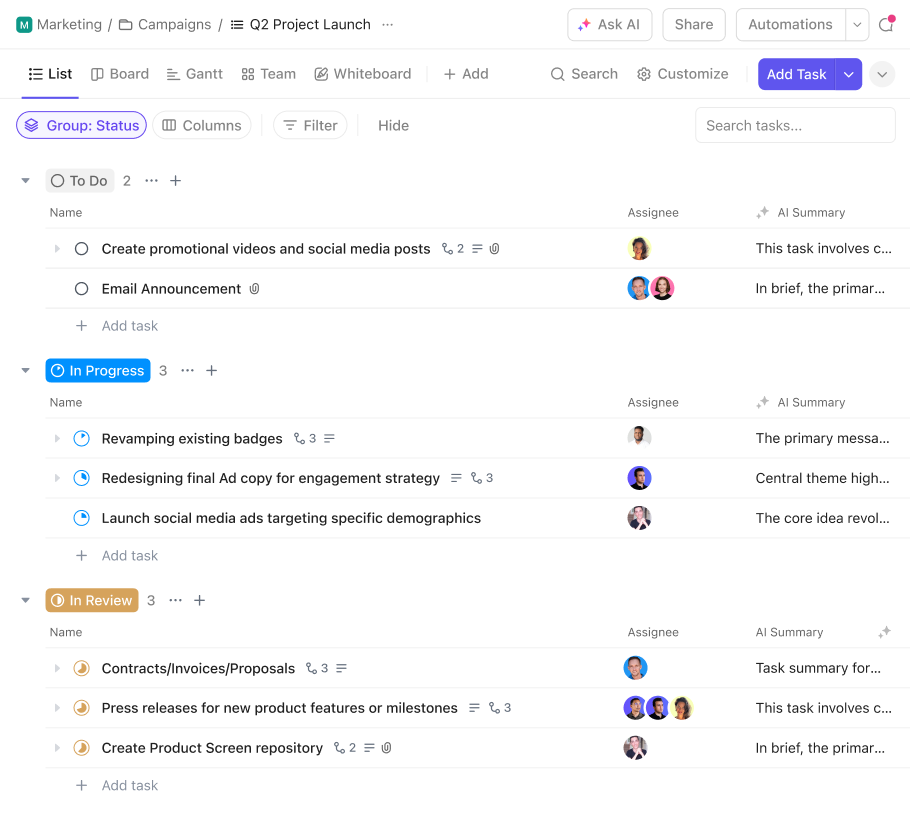
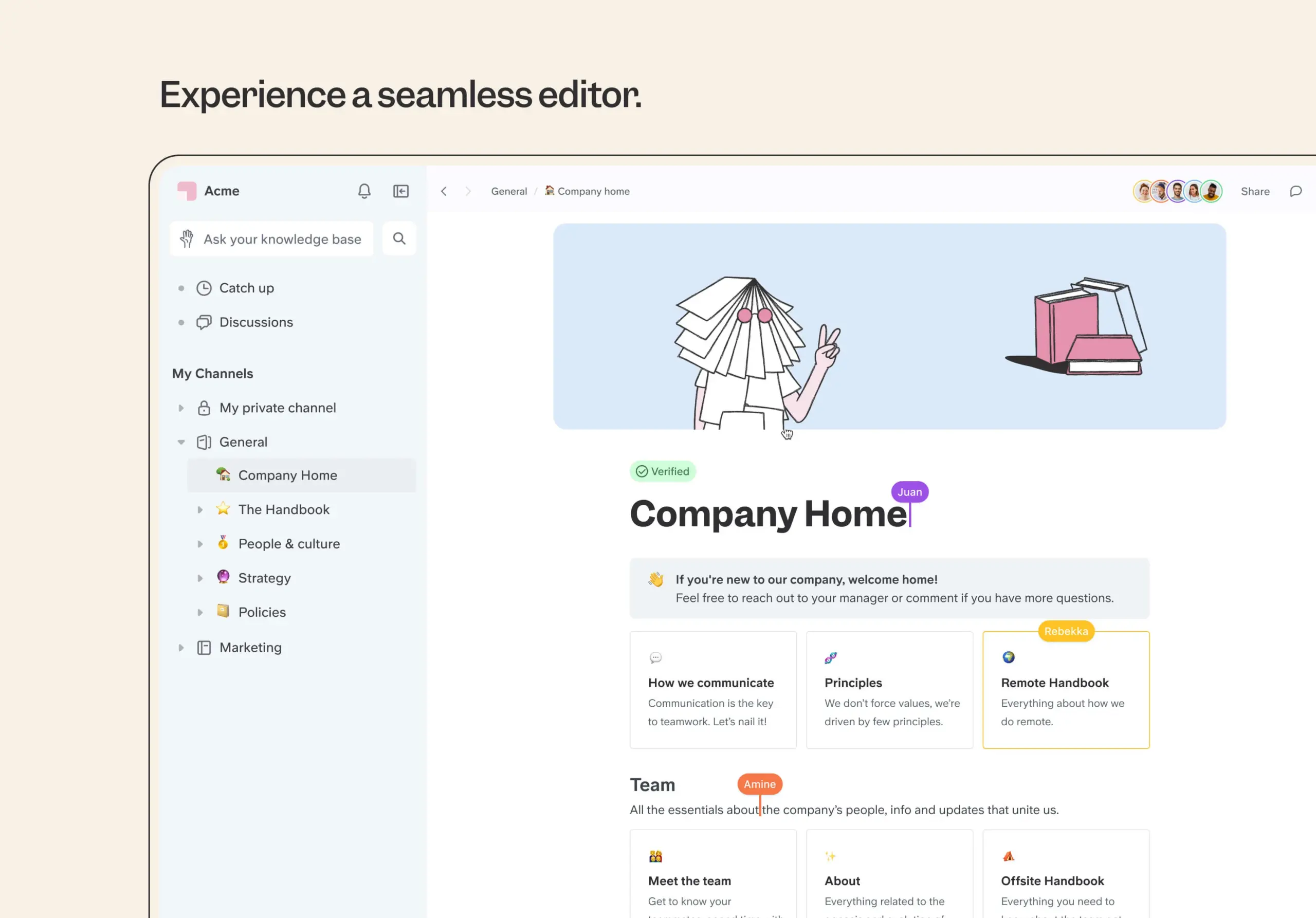
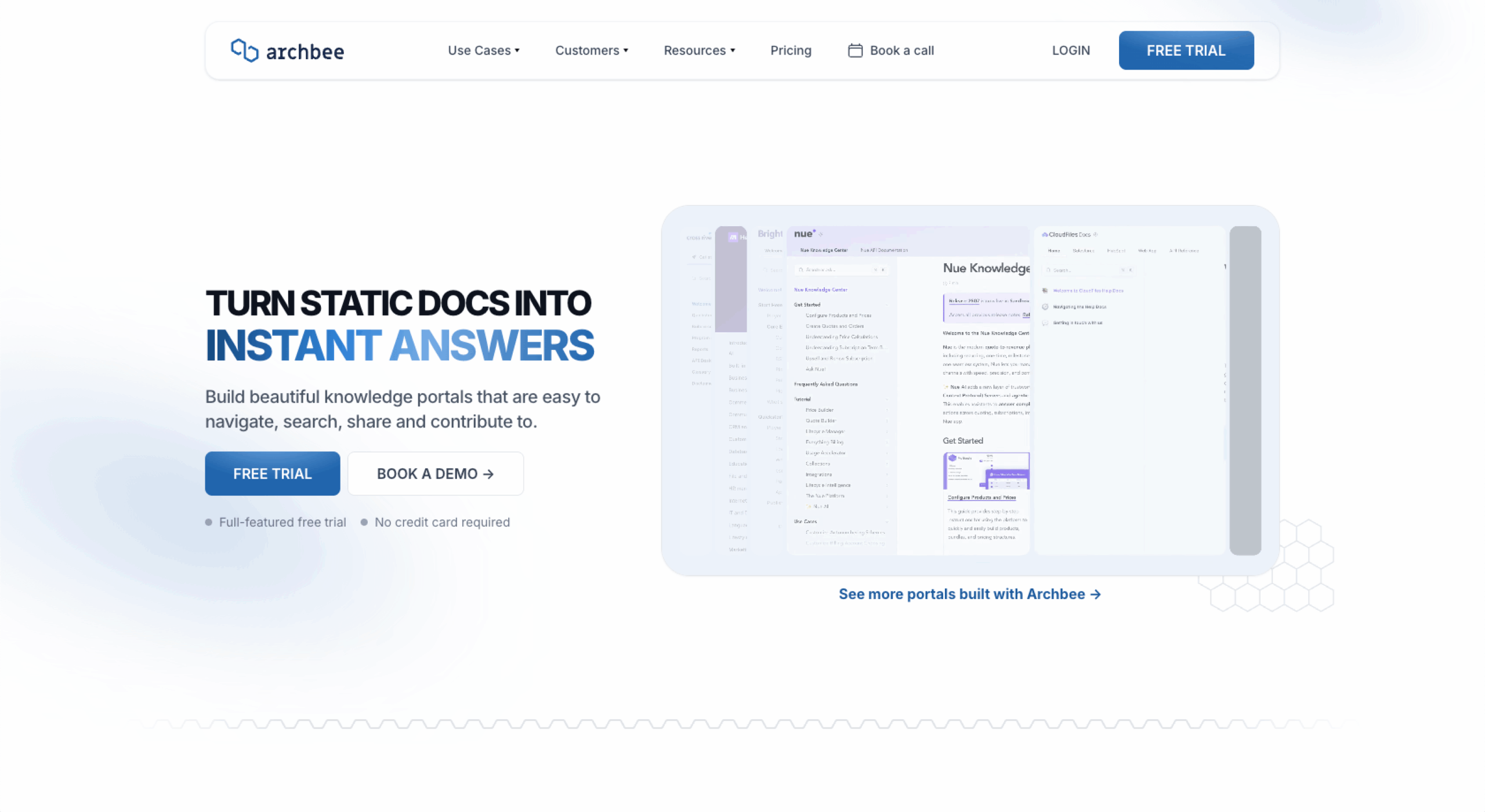
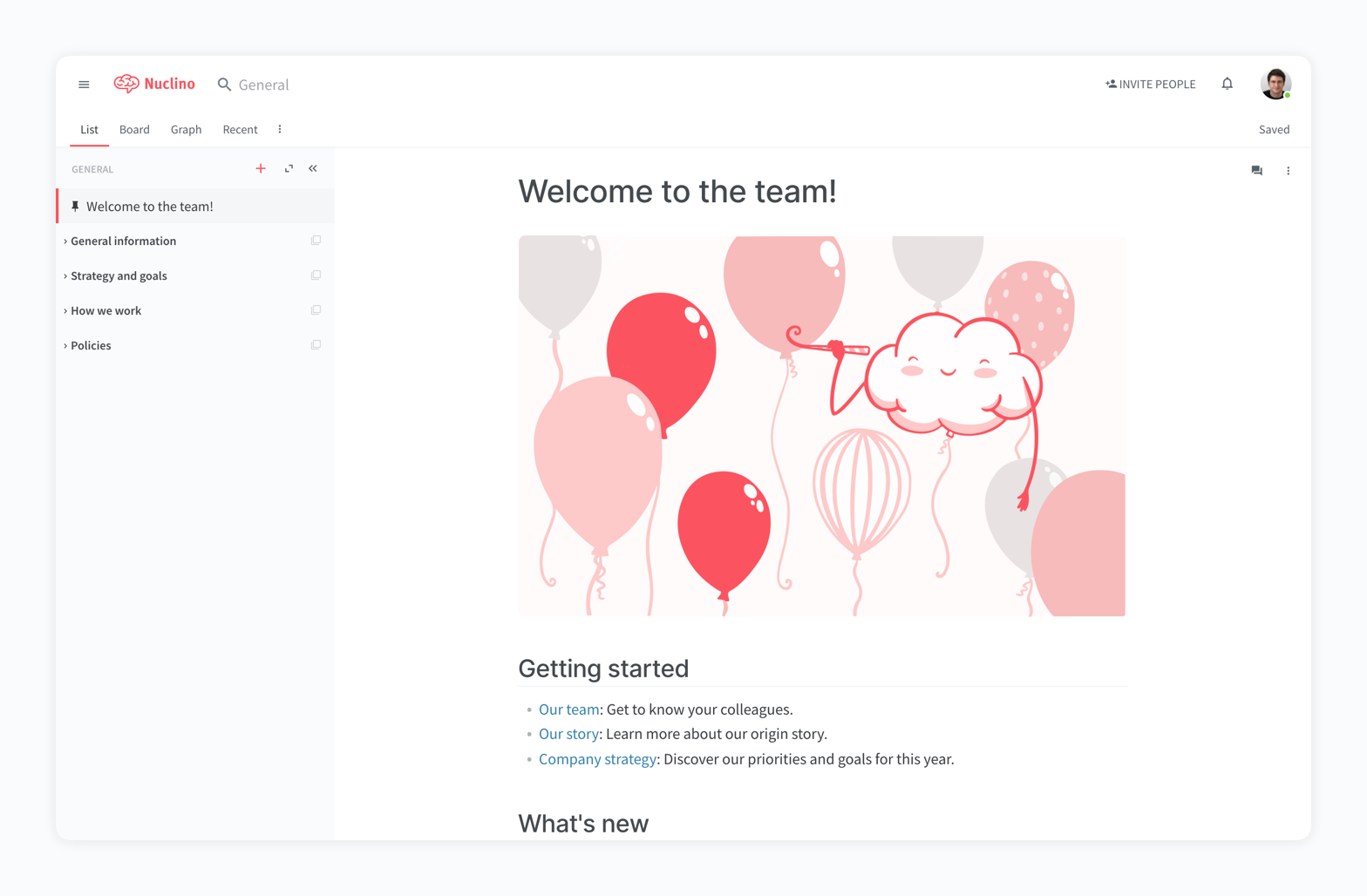
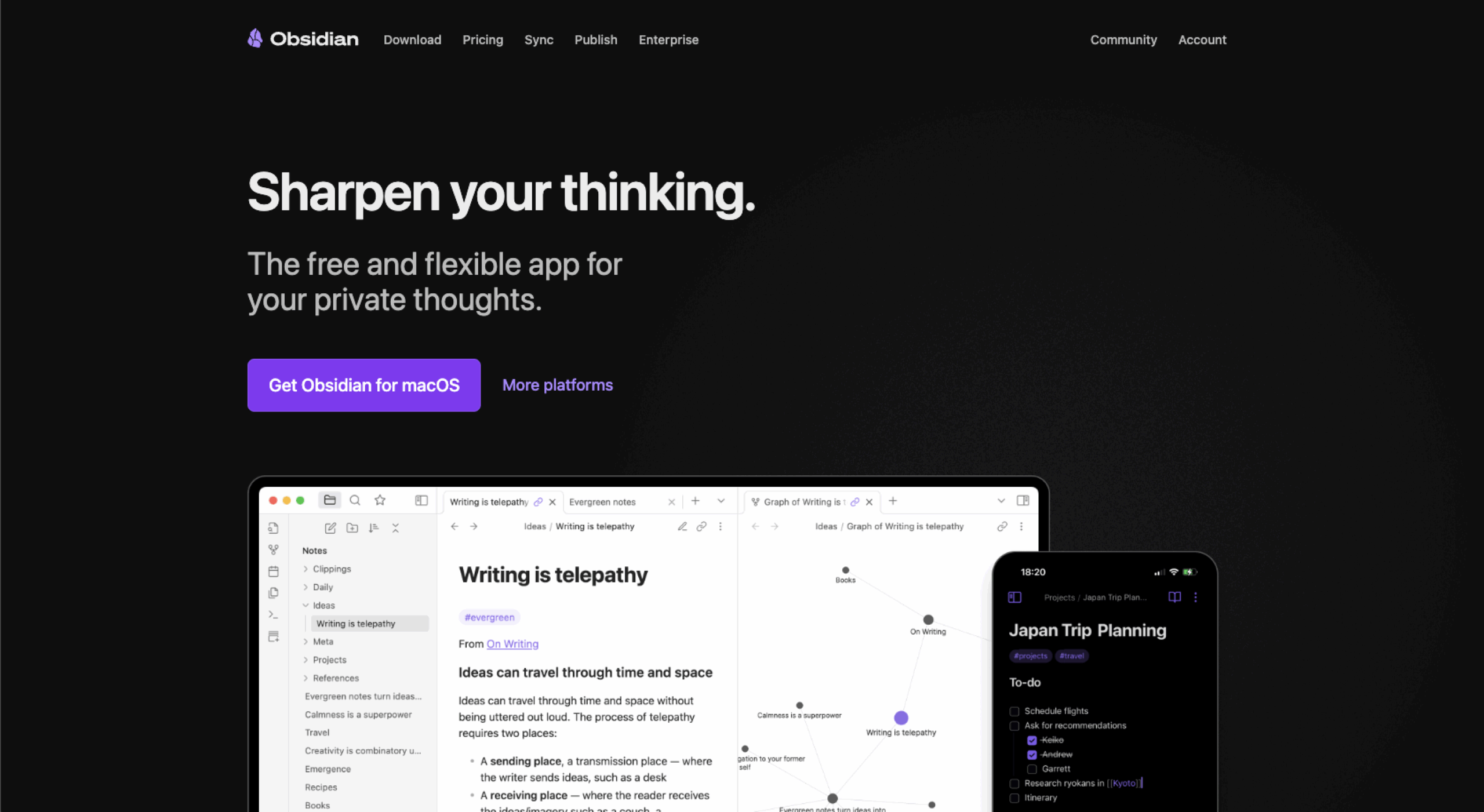

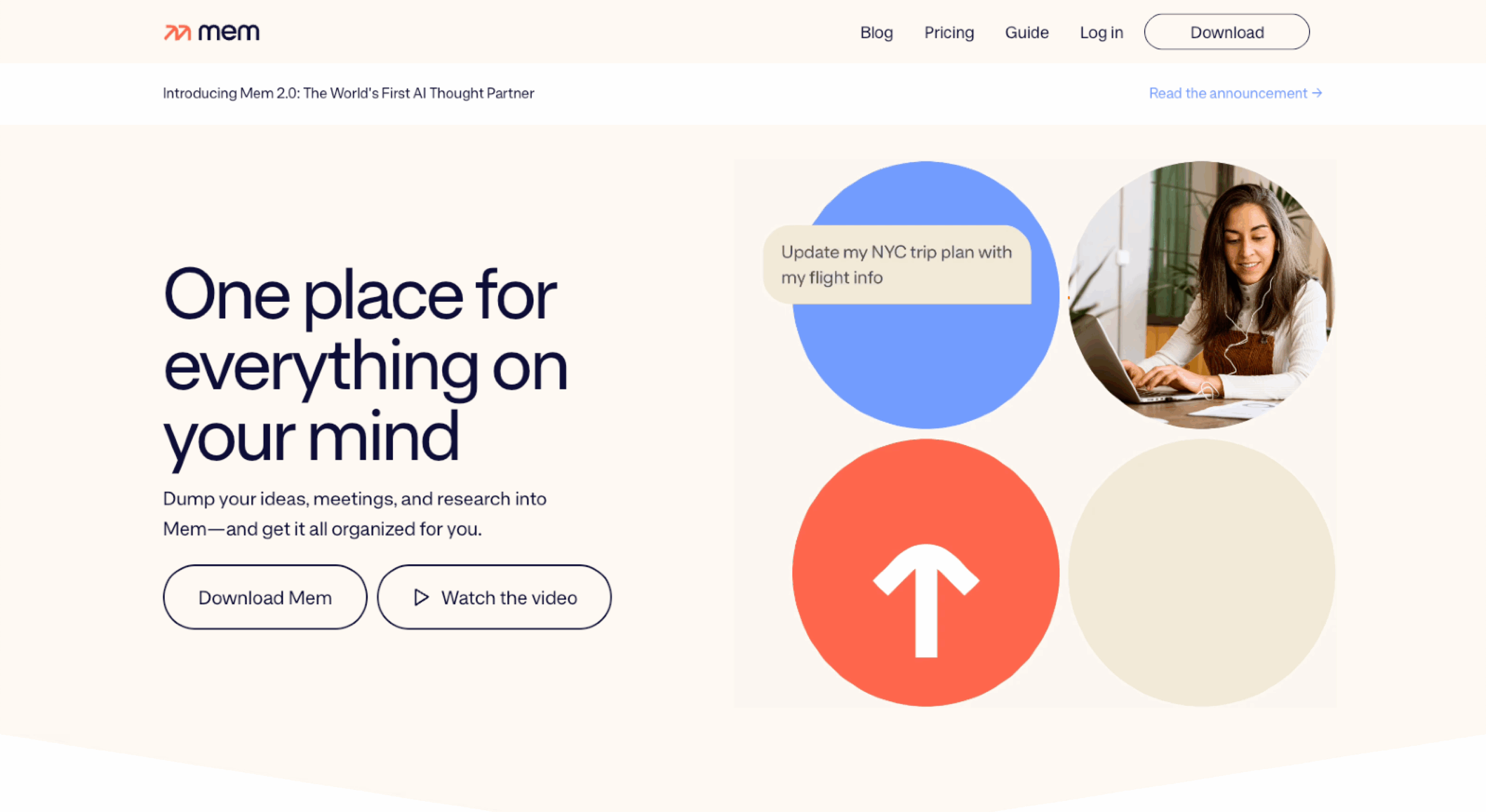























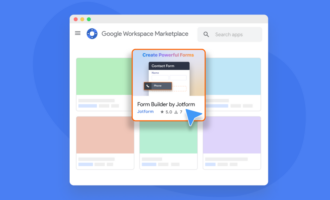



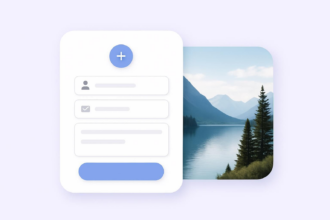


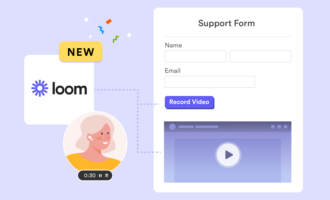




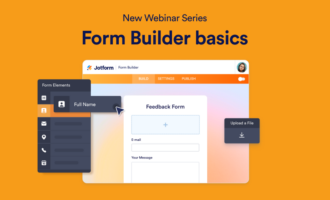





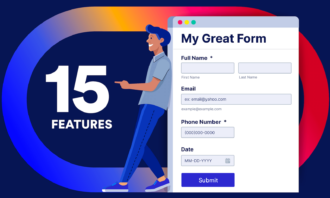





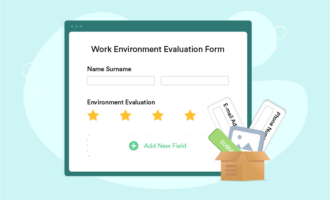

Send Comment: